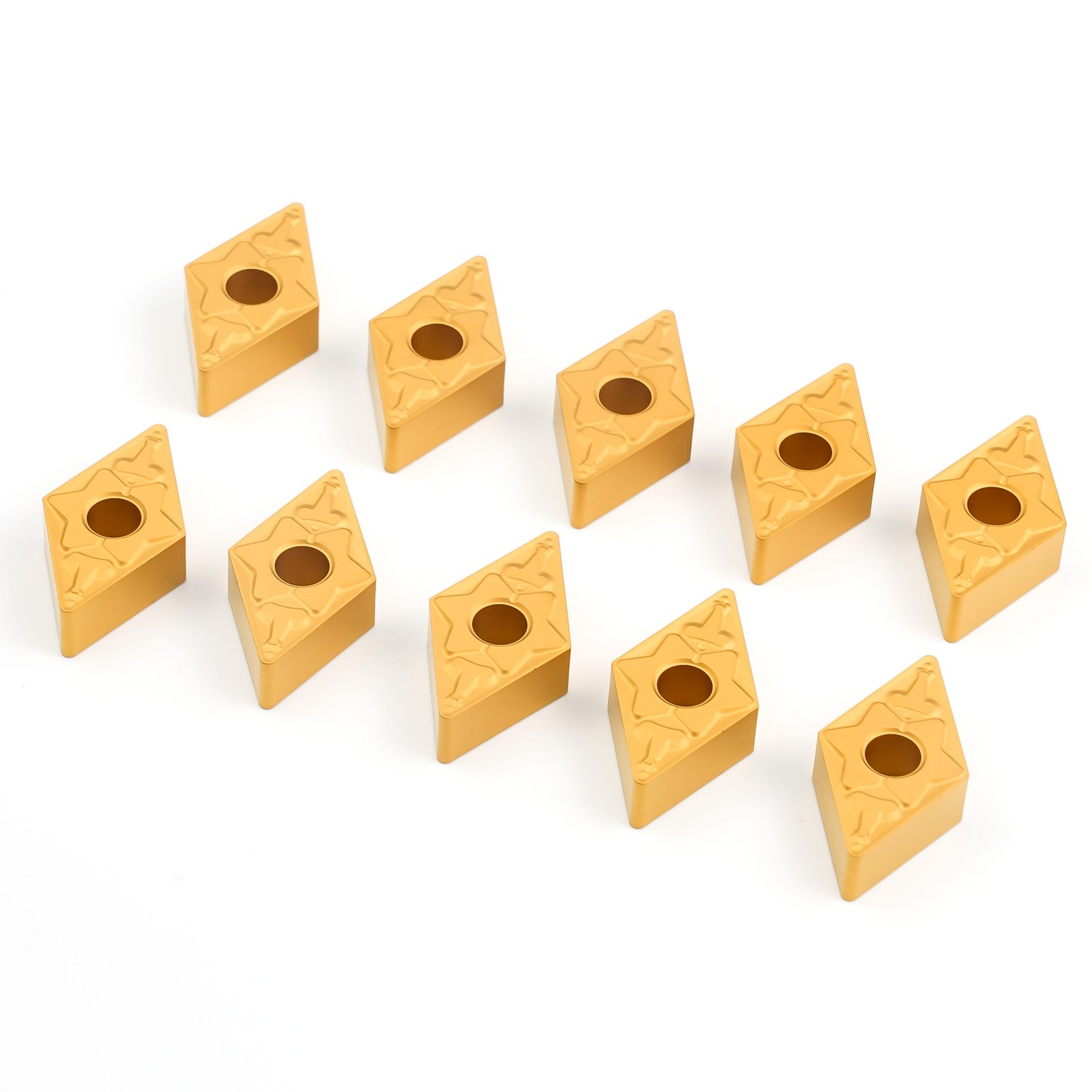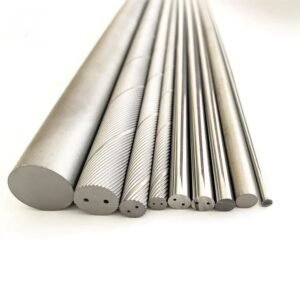Are you having trouble with your tools when you cut metal? Poor tool performance leads to low productivity and costly downtime. Should you be using High-Speed Steel (HSS) or carbide drills? The right choice can make a huge difference in your results.
High-Speed Steel (HSS) and carbide drills are both popular for cutting metal. HSS drills are less expensive and more versatile, while carbide drills are more expensive but last longer and cut more accurately. Which should you use? It depends on your material, speed, and budget. In this article, I’ll explain the pros and cons of each to help you make a wise choice.
Let’s dive deeper into what makes each type of drill unique, and how to choose the right one for your needs.
What Is High-Speed Steel (HSS) Best For?
High-Speed Steel (HSS) drills are known for being very affordable and versatile. They are excellent for general-purpose drilling tasks and are especially suited for softer metals like aluminum, mild steel, and non-ferrous alloys. These drills perform well when running at slower speeds, which reduces heat buildup and wear.
Moreover, HSS drills are tough and can withstand bending forces, making them less likely to break under challenging conditions. This makes them ideal for workshops where the risk of tool failure is a concern.
When Should You Use Carbide Drills?
Carbide drills are a superior choice for cutting harder materials such as stainless steel, titanium, and high-temperature alloys. Their high hardness and excellent heat resistance enable them to maintain sharpness over extended periods, leading to improved accuracy and faster cutting speeds.
Carbide drills excel in precision machining environments, particularly in industries like aerospace, automotive, and heavy machinery. However, their brittleness requires careful handling, as improper use or excessive force can cause breakage.
How Do HSS and Carbide Drills Compare in Cost and Durability?
HSS drills are much cheaper upfront, making them an attractive option for small-scale operations or budget-conscious buyers. While they may wear out more quickly when used on harder materials, their initial low cost is a significant advantage for general applications.
Carbide drills, though more expensive, offer excellent long-term value. Their durability and ability to retain sharpness mean fewer tool changes and less downtime, which can save money in high-volume or precision-critical applications.
What Role Does Cutting Speed Play in Your Choice of HSS or Carbide Drills?
Cutting speed is a crucial consideration when choosing between HSS and carbide drills. HSS drills perform best at slower speeds, reducing the risk of overheating and tool wear. This makes them a practical choice for manual operations or less advanced machinery.
Conversely, carbide drills thrive at high speeds, delivering faster material removal rates and superior surface finishes. Their compatibility with modern, high-speed CNC machines makes them indispensable for industries demanding maximum efficiency.
Which Type of Drill Is Easier for a Beginner to Use?
HSS drills are ideal for beginners due to their forgiving nature. Their toughness allows them to tolerate mistakes, such as incorrect drilling angles or excessive pressure, without chipping or breaking.
Carbide drills, on the other hand, require precise setup and skilled handling to avoid damage. They are better suited for experienced users who can maximize their capabilities in advanced machining environments.
How Does Material Compatibility Affect Your Choice of HSS or Carbide Drills?
Material type plays a pivotal role in determining the best drill for your application. HSS drills work effectively on soft and medium-hard metals but struggle with harder materials, wearing out quickly.
Carbide drills are specifically designed for cutting hard metals and exotic alloys, maintaining efficiency and sharpness even under extreme conditions. If your work involves hardened steels or specialized materials, investing in carbide drills is a smart decision.
Summary: HSS drills are versatile and affordable for general-purpose applications. Carbide drills are the choice for precision and speed in harder materials. Choose wisely based on your material and machining needs.





